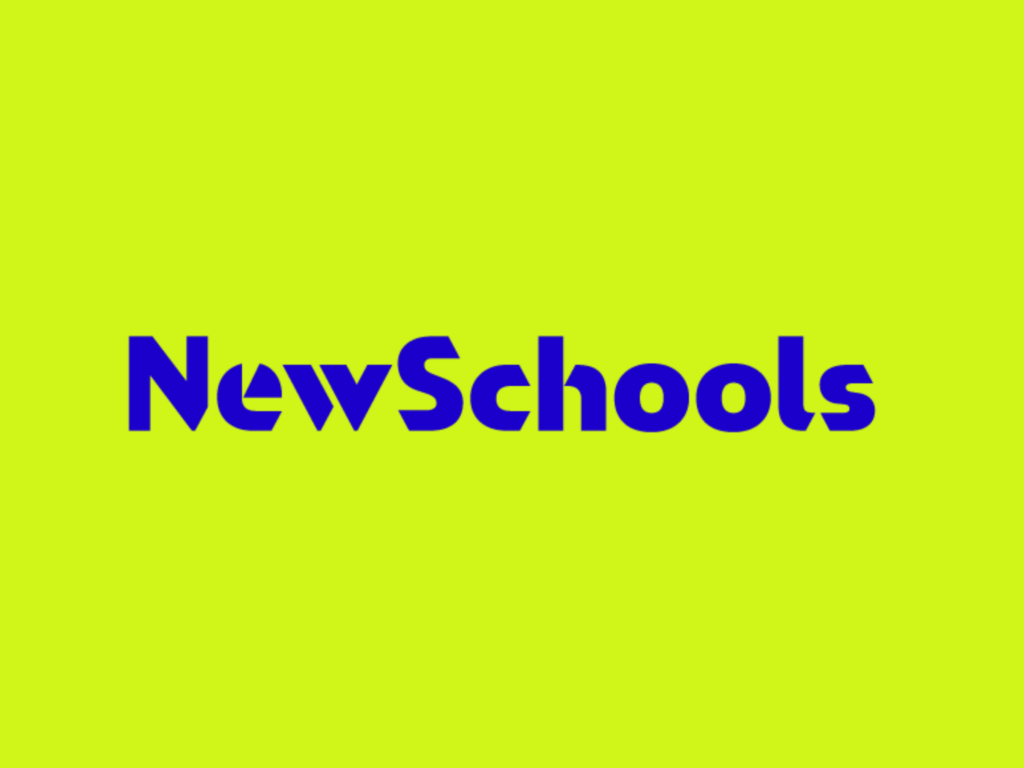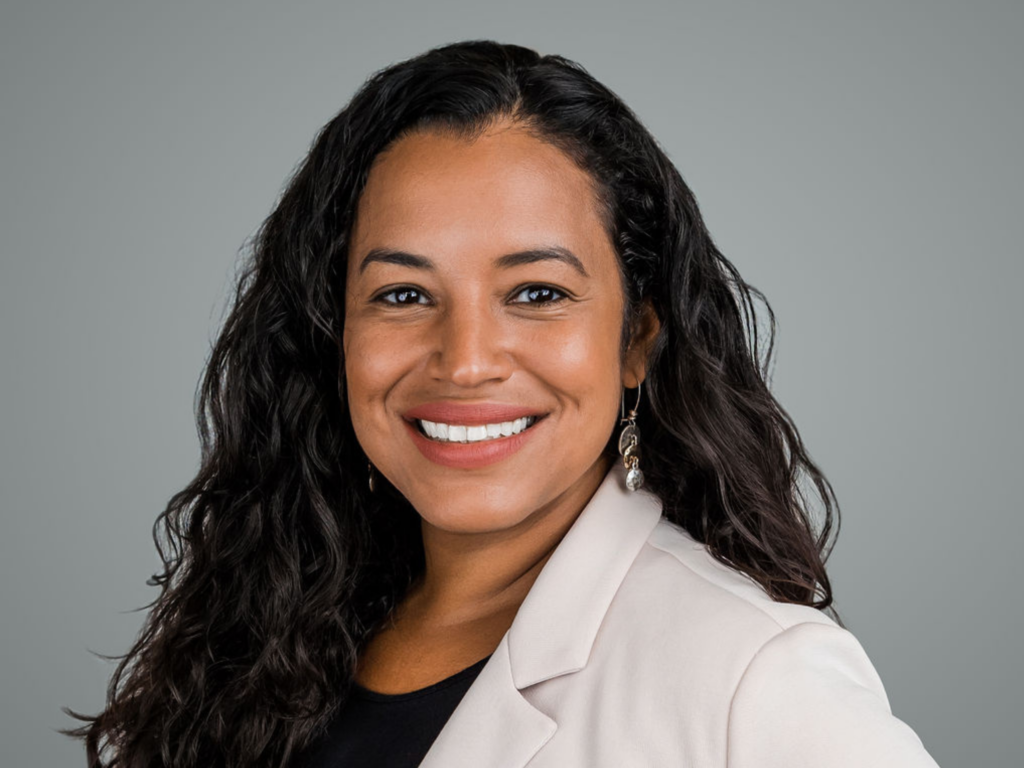SANTA CLARA – Worried that low educational achievement in the United State is beginning to hamper the economy, one venture capital association on Wednesday set up a multimillion-dollar fund to invest in ideas that would boost public school education.
The NewSchools K-12 Education Infrastructure Fund is a joint project of the National Venture Capital Association and an already established investment group called the NewSchools Venture Fund.
NewSchools, a nonprofit set up by Brook Byers and John Doerr, two of the founders of the legendary Menlo Park venture firm Kleiner, Perkins Caufield & Byers, has been funding educational startups for years, including Oakland’s Monarch Academy and the Oakland Unified School District’s Teaching Fellows Program.
By partnering with NewSchools, the national association is saying that its two-year effort to lobby Washington and Sacramento to improve education isn’t enough.
“We are definitely going a step further from what we’ve done,” said Emily Mendell, the association’s director of strategic affairs. Two years ago, the association identified four national policy issues that were so important to its members and the U.S. economic and investment climate that it has focused its political activity on those areas. They were capital markets regulation, education, immigration and research spending.
Now, it’s asking member firms and individuals to invest in the NewSchools K-12 Education fund.
Joanne Weiss, a NewSchools fund manager, said she and her co-manager of the K-12 Education Infrastructure fund will use the same practices used in business ventures when analyzing whether to invest in an education startup, including a due diligence examination of the concept, the market for it, the management team and the financial wherewithal of the startup.
The payback, however, would be measured in student outcomes, such as graduation levels and improved performance.
Particularly, they will look for investments in innovative ways to develop “human capital” or the recruitment and training of teachers and principals. And they will look for investments in performance tools, including software that schools can use to figure out if students are truly learning and where the gaps in learning may be occurring so educators can tweak the curriculum as needed.
Educational achievement has become a business cause in recent years as the United States falls behind other countries in student performance as measured on standardized tests and in high school graduation rates.
Just this week, a report on the results of the Programme for International Student Assessment, given to 15-year-olds worldwide in 2006, said American students lagged behind those in 22 other countries in math and in 14 other countries in science.
California students perform slightly below the national average in math, science and English measurements. Some experts attribute this performance to California spending less money per student than most other states spend.

